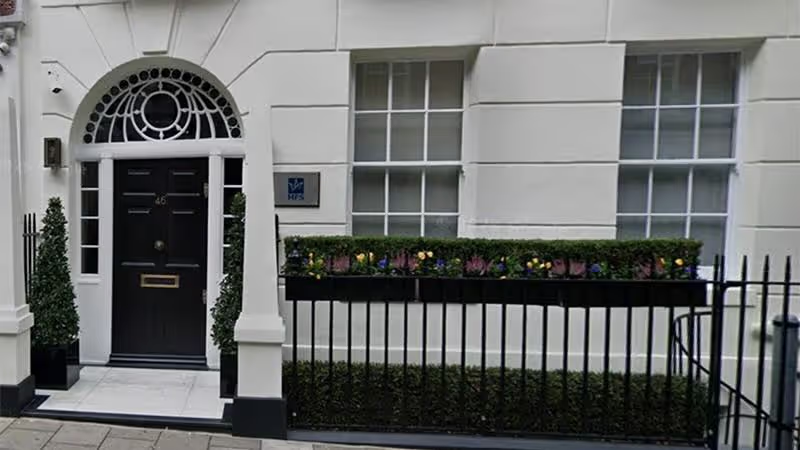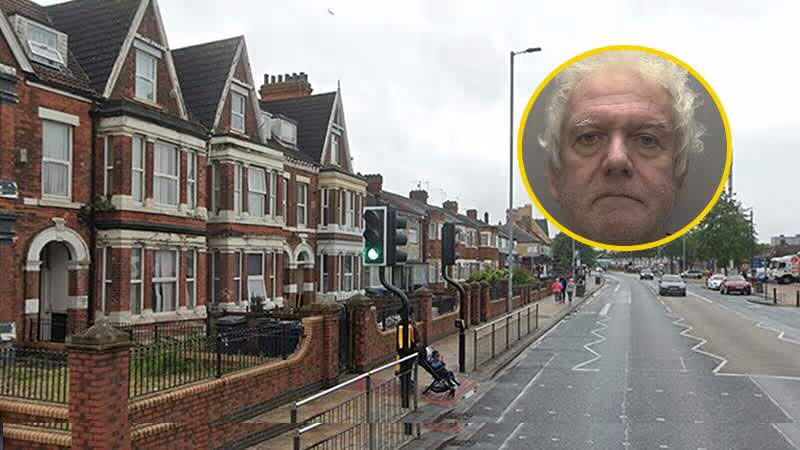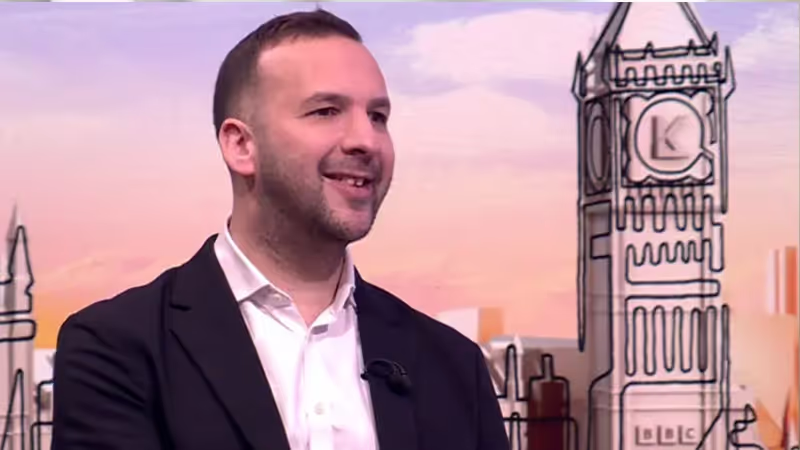The Scottish Government has passed the Housing (Scotland) Bill, paving the way for councils to cap rent increases on some properties at a maximum of 6%.
The legislation – aimed at relieving homelessness and improving standards in rented housing – allows local authorities to introduce controls in specially designated areas and will start to be implemented next March, subject to Parliament’s agreement.
However, the Conservatives did not support the Bill and during the final debate, Alexander Stewart told MSPs that introducing permanent rent controls was misguided, as it would ensure that investment in the Scottish housing sector would not take place. “Rent controls do not make homes,” said Stewart. “The bill will see fewer houses built and homelessness continue to grow. The bill was an opportunity to realise that and to deal with the housing emergency, but it has catastrophically failed to achieve what was set out.”
Struggling

Housing Secretary Màiri McAllan insisted it would not dent the sector. She said: “What the government has presented in the bill responds to the needs of tenants who are struggling with escalating rents; equally, it provides confidence and ensures investment in our housing system that will ultimately increase availability and, therefore, affordability.”
The legislation will also require local authorities to act more quickly when tenants are at risk of homelessness, makes changes to the way damages for unlawful eviction are calculated and gives tenants new rights to request to keep a pet and make changes to the property they are renting.
Unclaimed
It includes provisions allowing the government to use unclaimed deposits to fund support for private tenants and allowing a single joint tenant to end a joint tenancy. MSPs also agreed to an amendment tabled by the Greens to allow councils to hike council tax on second and empty homes – without any cap.
Ministers will be able to designate parts of the country as rent control areas, which is expected to happen by 2027. In those zones, councils will be able to limit rent increases to one percentage point above inflation (as measured under the Consumer Price Index), up to a maximum rent increase of 6%. The rent controls won’t apply to mid-market and build-to-let homes.















.avif)
.avif)





















Comments